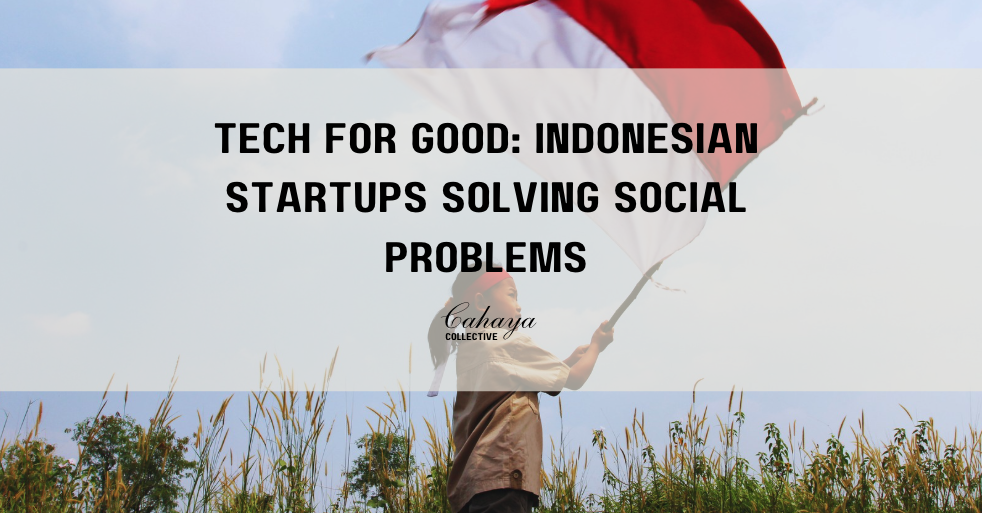
Cybersecurity Trends in Indonesia 2025 and Beyond
As Indonesia continues its rapid digital transformation, cybersecurity has emerged as a critical concern in 2025. With the country's growing reliance on digital infrastructure, the rise of e-commerce, fintech, and smart cities, ensuring robust cybersecurity measures is no longer optional but essential. This blog post explores the significance of cybersecurity in Indonesia, the current landscape, emerging threats, and the strategies needed to protect its digital future.
The Digital Landscape in 2025
Growing Digital Economy
Indonesia's digital economy is booming, driven by widespread internet penetration, a thriving startup ecosystem, and increased adoption of digital services across sectors. E-commerce platforms, digital payment systems, and online banking services have become integral to everyday life, contributing significantly to the nation's GDP.
Expansion of Smart Cities
Smart city initiatives are gaining momentum, with Jakarta, Bandung, and Surabaya leading the charge. These cities are implementing IoT devices, data analytics, and automation to enhance public services, improve traffic management, and increase energy efficiency. However, these advancements also expose critical infrastructure to potential cyber threats.
Increased Connectivity
With the rollout of 5G, Indonesia has witnessed an exponential increase in connected devices and data flow. From smart homes to industrial IoT, the digital ecosystem is expanding, making cybersecurity a paramount concern.
Emerging Cyber Threats
Ransomware Attacks
Ransomware attacks have surged, targeting businesses, government agencies, and healthcare institutions. These attacks often result in significant financial losses and operational disruptions, highlighting the need for comprehensive cybersecurity strategies.
Data Breaches
The increase in digital transactions has made personal and financial data prime targets for cybercriminals. Data breaches not only compromise sensitive information but also erode consumer trust in digital services.
Phishing and Social Engineering
Phishing attacks and social engineering tactics are becoming more sophisticated, exploiting human vulnerabilities to gain unauthorized access to systems. Awareness and education are crucial in combating these threats.
Supply Chain Attacks
As businesses increasingly rely on third-party vendors and cloud services, supply chain attacks have become a major concern. Securing the entire supply chain is essential to prevent cyberattacks that can have far-reaching consequences.
The Importance of Cybersecurity
Protecting National Security
Cybersecurity is vital for national security, as critical infrastructure such as energy, transportation, and healthcare systems are increasingly digitized. A robust cybersecurity framework is essential to protect against potential threats that could disrupt essential services.
Safeguarding Businesses
For businesses, cybersecurity is crucial in protecting intellectual property, customer data, and operational continuity. A strong cybersecurity posture can prevent financial losses, legal repercussions, and damage to reputation.
Building Consumer Trust
In a digital-first economy, consumer trust is paramount. Ensuring the security of digital platforms can enhance user confidence, drive adoption, and support the growth of the digital economy.
Supporting Economic Growth
A secure digital environment fosters innovation and attracts investment. By prioritizing cybersecurity, Indonesia can position itself as a safe and attractive destination for tech startups, multinational corporations, and foreign investors.
Strategies for Strengthening Cybersecurity
Government Initiatives
The Indonesian government has launched several initiatives to bolster cybersecurity, including the establishment of the National Cyber and Encryption Agency (BSSN) and the implementation of the Personal Data Protection Act (PDPA). These measures aim to create a secure digital environment and protect citizens' data.
Public-Private Partnerships
Collaboration between the public and private sectors is crucial in addressing cybersecurity challenges. By sharing threat intelligence, best practices, and resources, stakeholders can enhance their collective cybersecurity capabilities.
Investing in Cybersecurity Talent
Developing a skilled cybersecurity workforce is essential to address the growing demand for expertise. Educational institutions, training programs, and certifications can play a pivotal role in building a talent pipeline to meet industry needs.
Enhancing Awareness and Education
Raising awareness about cybersecurity risks and best practices is crucial in fostering a security-conscious culture. Regular training sessions, awareness campaigns, and educational programs can empower individuals and organizations to adopt safer online practices.
Adopting Advanced Technologies
Leveraging advanced technologies such as artificial intelligence (AI), machine learning (ML), and blockchain can enhance cybersecurity defenses. These technologies can help in threat detection, incident response, and securing digital transactions.
Conclusion
As Indonesia continues its digital journey, cybersecurity must remain a top priority. By adopting a proactive and comprehensive approach to cybersecurity, the nation can protect its digital assets, ensure the resilience of its digital economy, and build a secure and prosperous future. In 2025, cybersecurity is not just about safeguarding data; it's about securing the foundation of Indonesia's digital transformation and economic growth.


